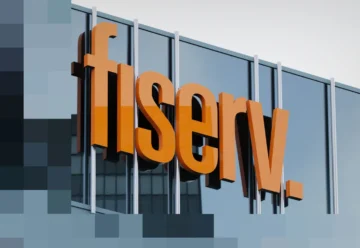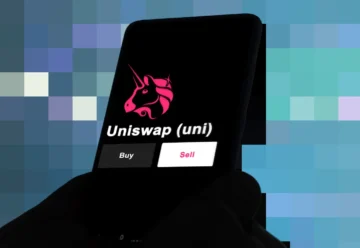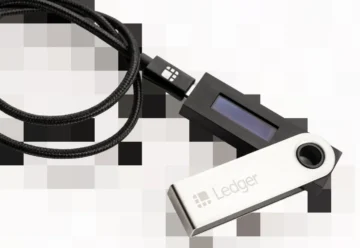Regulatory Sandboxes to Boost DeFi Sector Development

The World Economic Forum (WEF) called on global lawmakers to create tailored regulatory sandboxes that will reduce risk, increase transparency, and foster innovation in the decentralized finance (DeFi) sector.
According to a recent WEF report, a tailored approach to regulating the DeFi ecosystem will facilitate the sector’s development, minimize its risks, and create an enabling environment for global DeFi adoption.
The WEF analysts found that countries that established dedicated regulatory sandboxes for controlled experimentation have high levels of DeFi adoption. The WEF report reveals that the use of sandboxes will minimize risks and ensure transparency of processes related to investments in the decentralized finance sector.
Besides, the WEF analysts argue that sandboxes will facilitate cooperation between regulators and DeFi platforms, bridging the gap between TradFi and decentralized markets and fostering the development of financial ecosystems. The WEF highlights the importance of sandboxes in implementing international projects that can significantly accelerate the global adoption of decentralized finance.
The WEF report assesses regulatory approaches to digital asset markets in nine jurisdictions, including
- United States of America;
- United Kingdom;
- Japan;
- UAE;
- EU;
- Singapore;
- Switzerland;
- Hong Kong;
- Gibraltar.
Regulatory sandboxes are being actively used by financial regulators around the world. The U.K. started to study the possibilities of tokenization of TradFi assets within such a sandbox, the Thai authorities use it to test crypto services, the European Commission — to advise local blockchain companies. Hong Kong leverages it within the CBDC development, and the Philippines — to test the national stablecoin.











